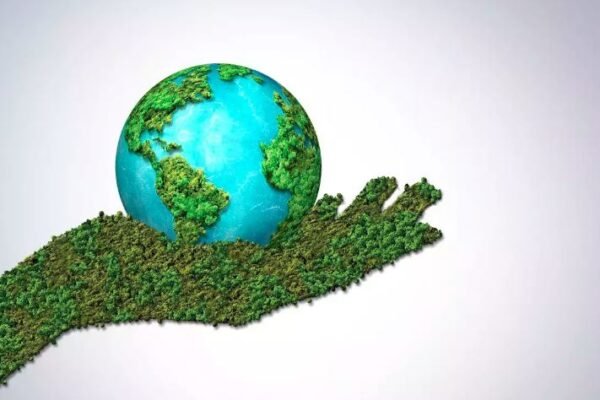
The Ethics of Resource Exploitation and Environmental Degradation
Resource exploitation and environmental degradation are pressing issues that challenge the ethical frameworks of societies, governments, and businesses worldwide. As industrialization and globalization continue to rise, the demand for natural resources such as fossil fuels, minerals, and timber increases, often leading to significant environmental consequences. Understanding the ethical implications of these actions is critical in…














